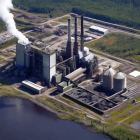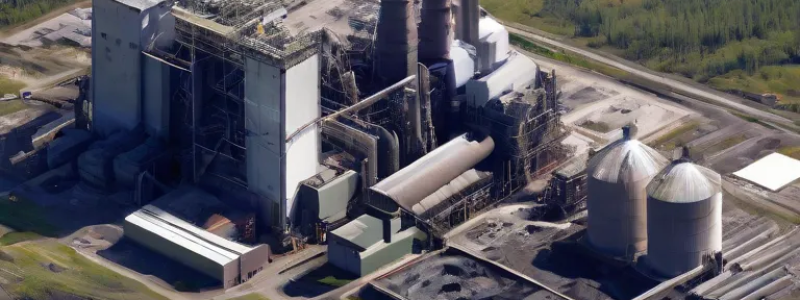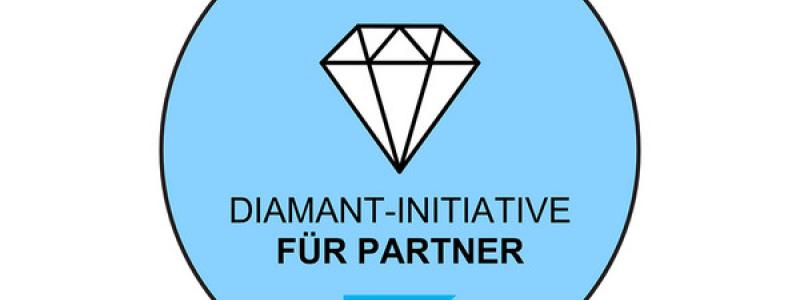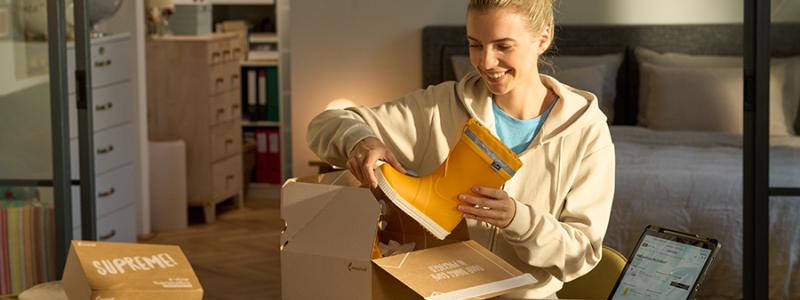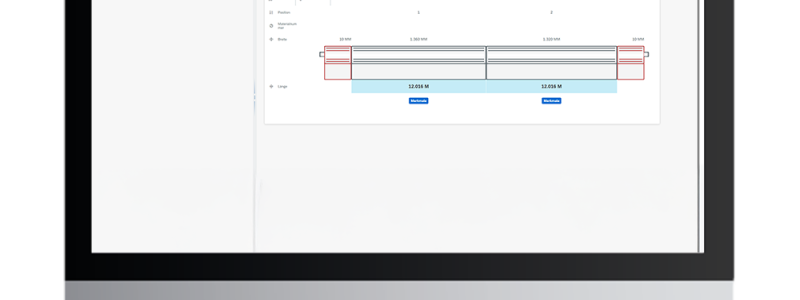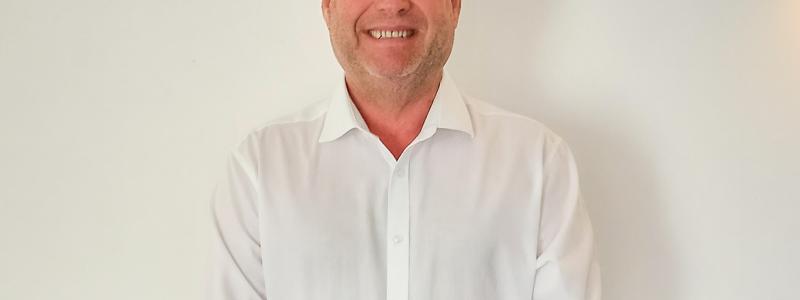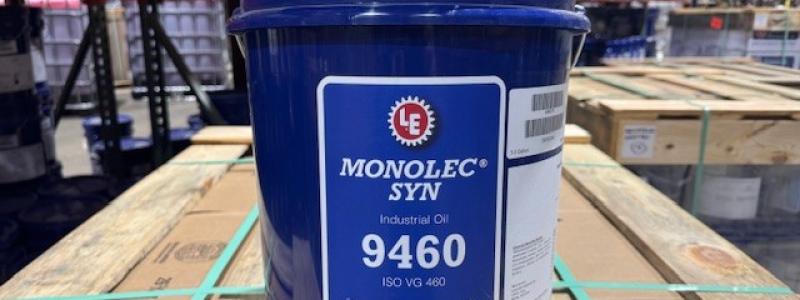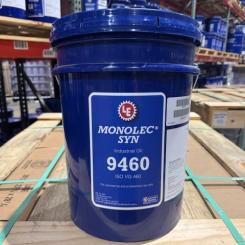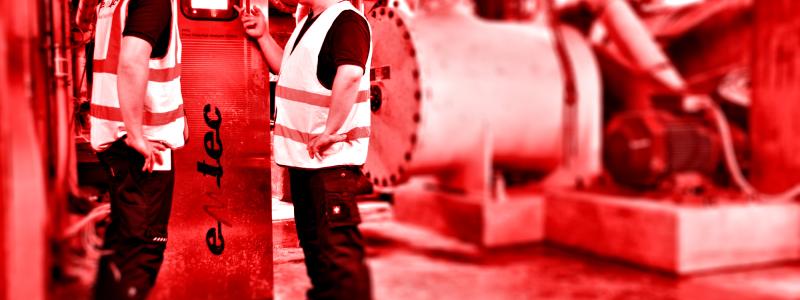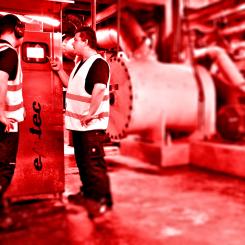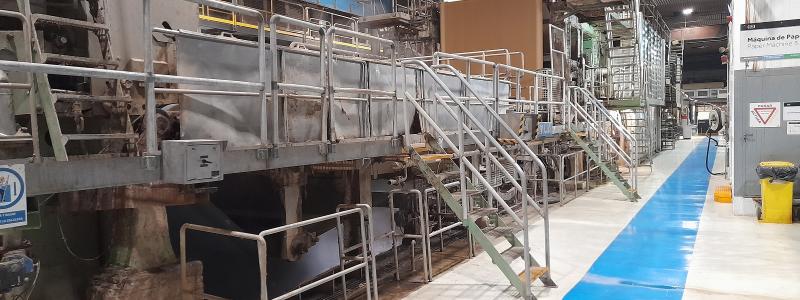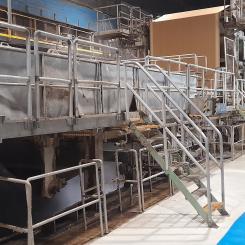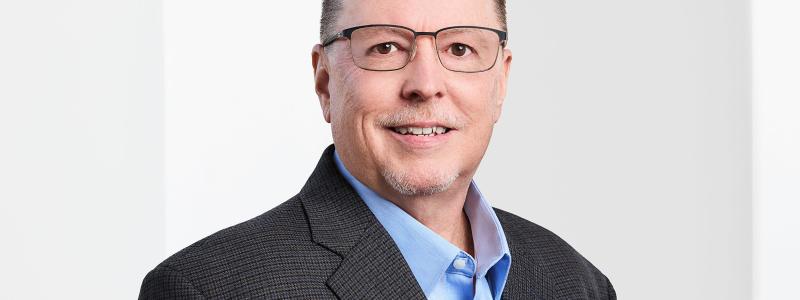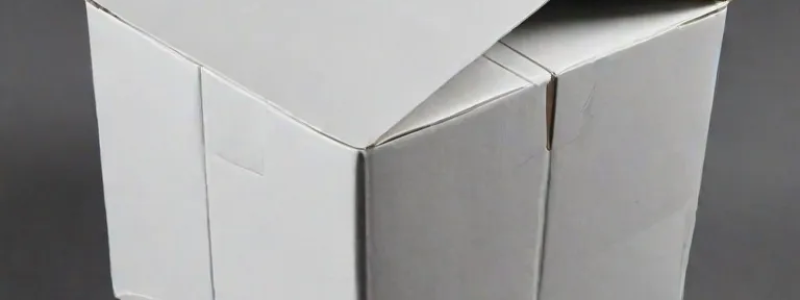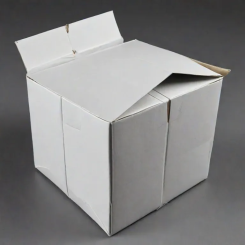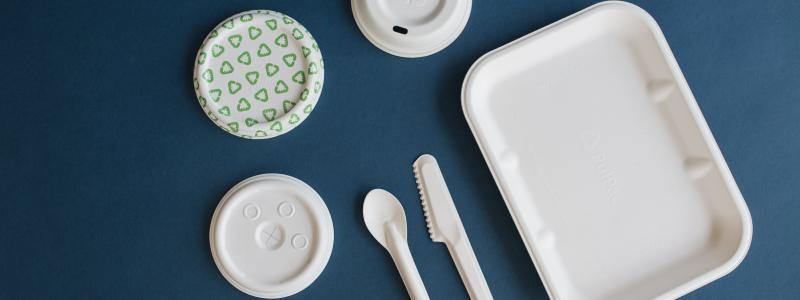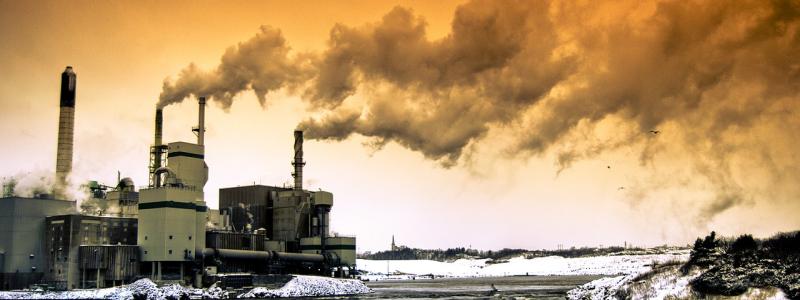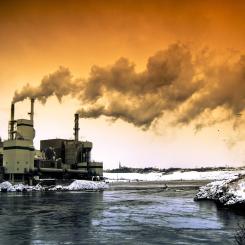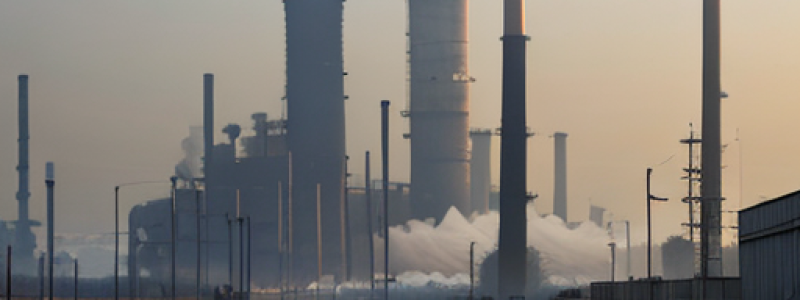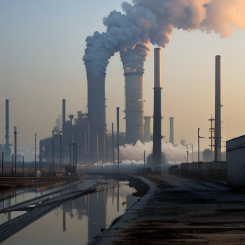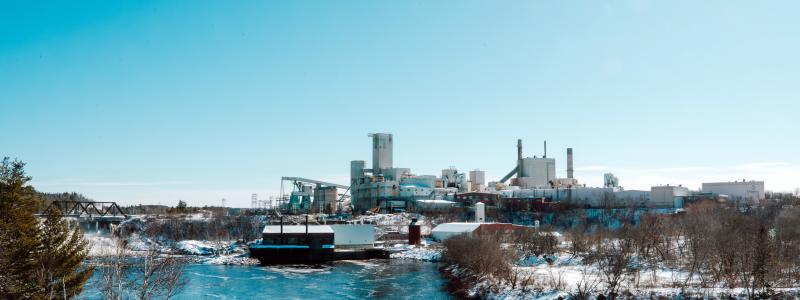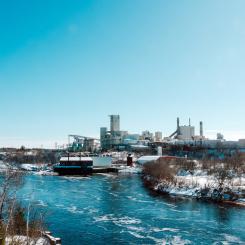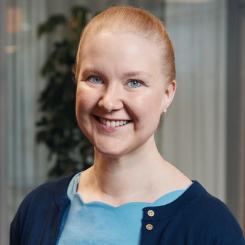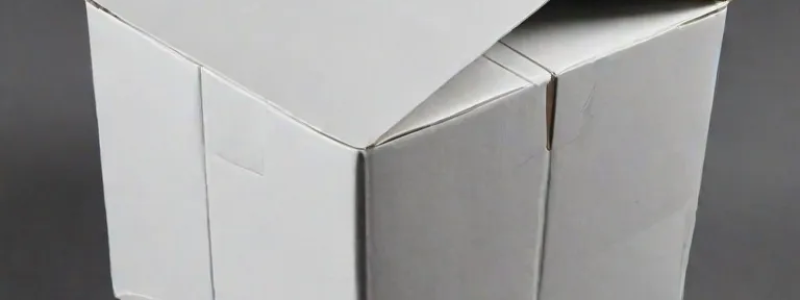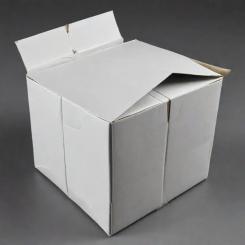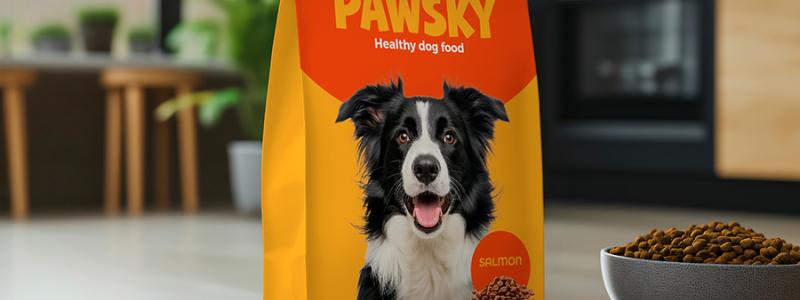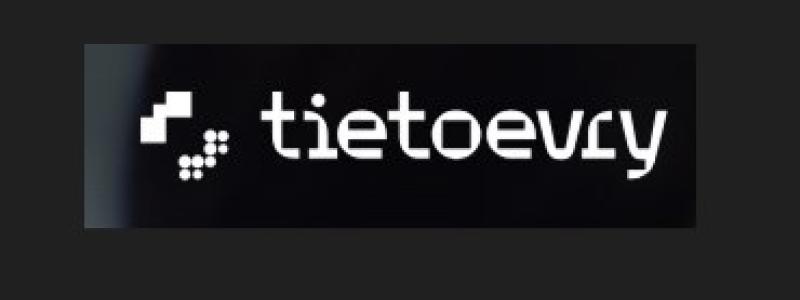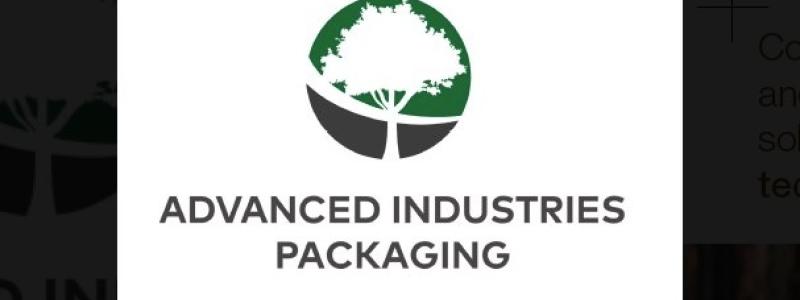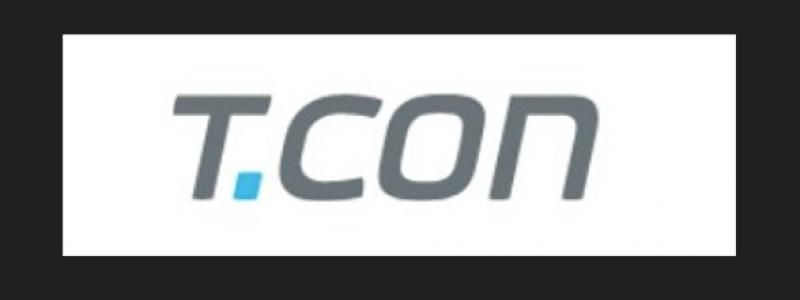AkzoNobel's Specialty Chemicals business has completed the expansion of a Chemical Island in Brazil to support a major project for Brazilian forestry company Fibria. The world's leading producer of eucalyptus pulp from planted forests, Fibria has invested $2.2 billion to more than double pulp capacity at its mill in Três Lagoas to 3.25 million tons per year.
The expansion of the Chemical Island (a concept developed by AkzoNobel) includes the installation of a second chlorine dioxide plant, as well as increased space for storage and logistics. The Chemical Island concept provides pulp mill customers with a sustainable and cost-effective solution for the production and supply of bleaching chemicals as well as services for other chemical processes.
"We are a dedicated partner with Fibria and have now supplied five of their six chlorine dioxide units, including the two at Três Lagoas," explains Antonio Carlos Francisco, General Manager of Bleaching Chemicals South America for AkzoNobel's Pulp and Performance Chemicals business.
"The close proximity to our customer provides important sustainability benefits by reducing transportation, and we also reduce our carbon footprint by operating the Chemical Island with 100% bio-energy from biomass that derives from the pulp mill."
The new production line in Três Lagoas (Mato Grosso do Sul state) is now the largest single pulp line in the world and strengthens Fibria's leading market position. The new Chemical Island is also the largest of the four being operated by AkzoNobel to serve the Brazilian pulp industry.
"We are proud to have a well-established and sustainable footprint for the pulp industry in Brazil," says Niek Stapel, Managing Director of AkzoNobel's Pulp and Performance Chemicals business. "It emphasizes our long-term strategic commitment to growing with our customers and also to this increasingly important market."
Click here for the video about Chemical Islands.

